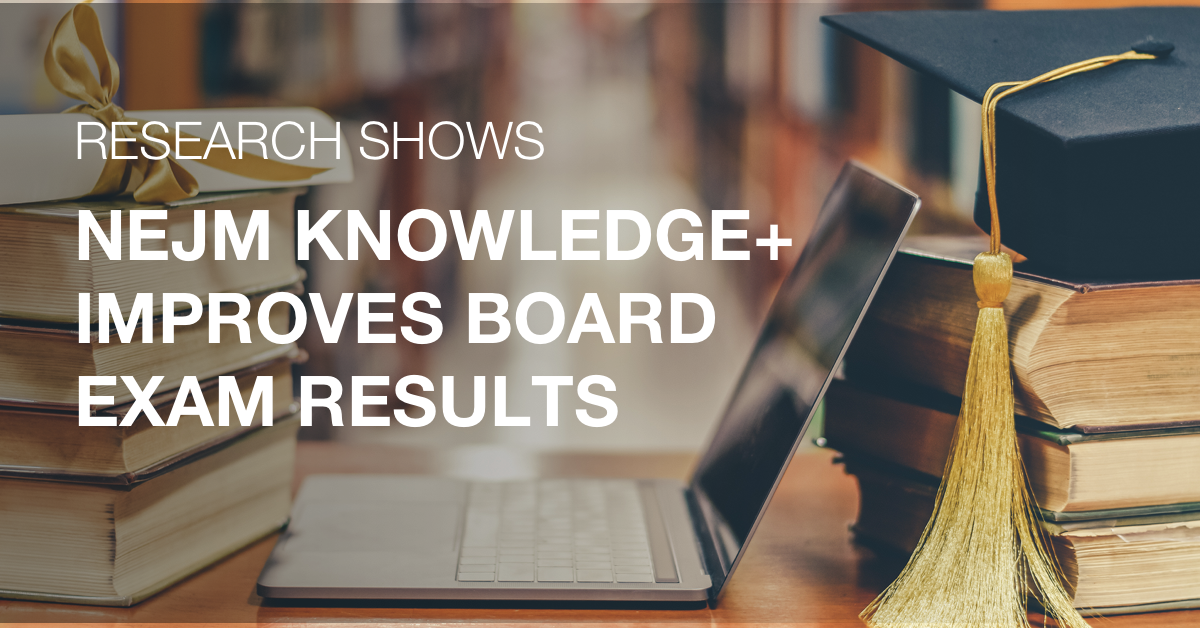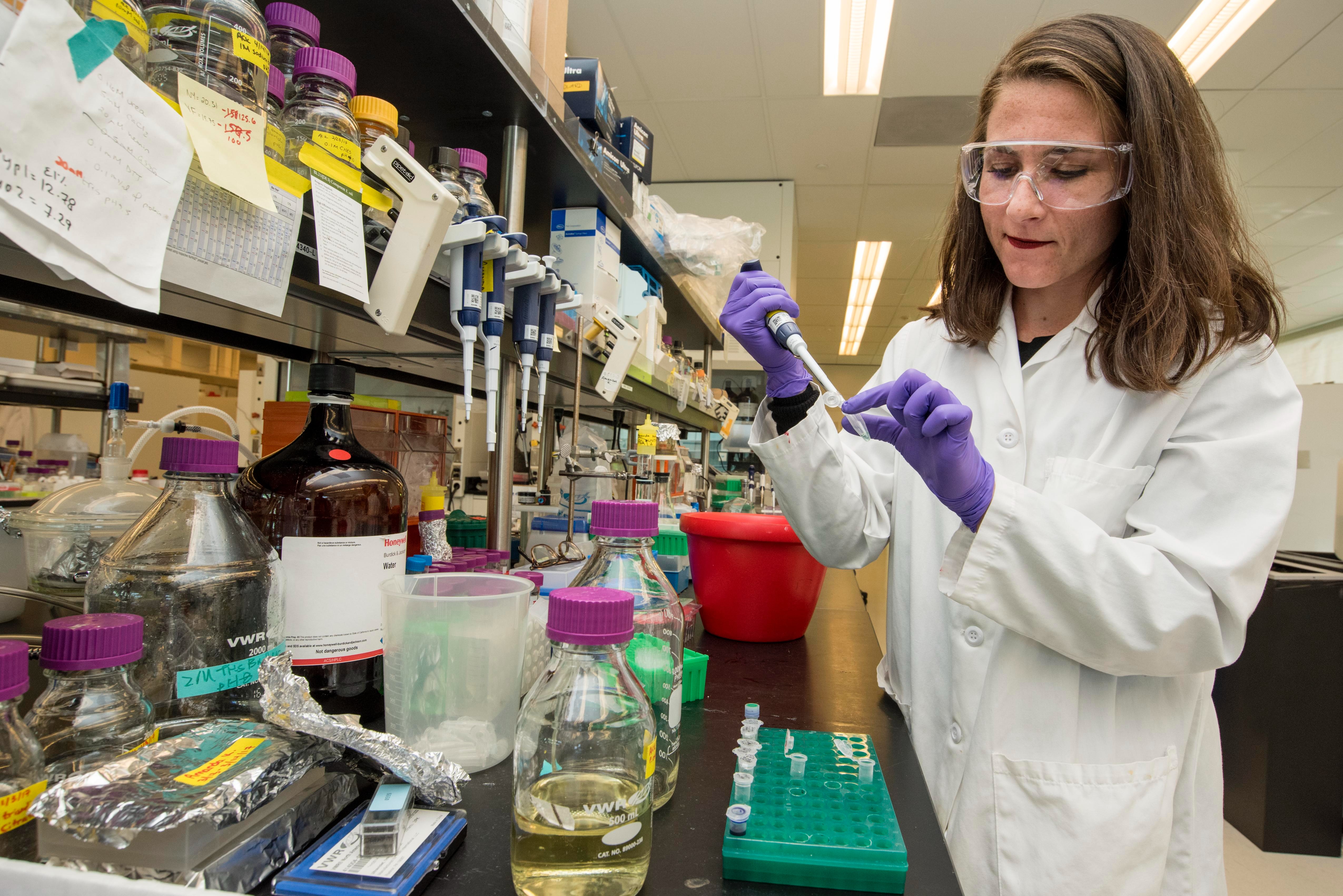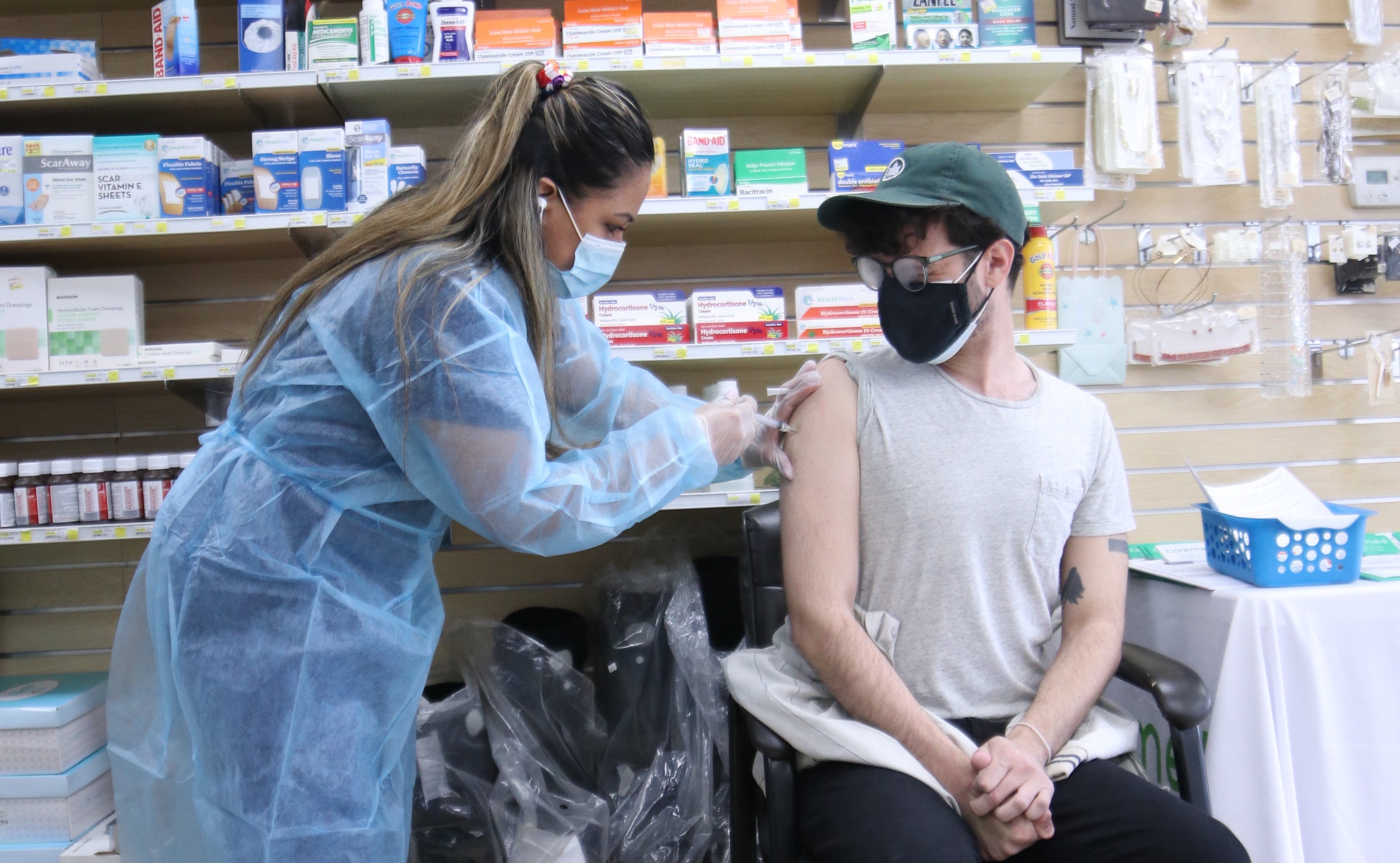Newly published research has shown that personalized, online preparation for doctors taking board certification examinations can build competence and make a measurable difference. Specifically, physicians who used NEJM Knowledge+ performed better on their exams by a statistically significant margin than a well-matched control group.
Some of the most rigorous aspects of medical education are the extensive board certification examinations and maintenance of certification examinations that certify a physician’s competence in a specific specialization. They are a true achievement for the medical profession and are a substantial part of physicians’ lives and careers.
Preparing for these examinations is challenging, particularly for time-starved physicians. But there is a deeper issue, as well. Cramming information into short-term memory in order to pass an examination does little for building knowledge for the future. It’s part of a larger problem in medical education: supporting physicians as they take their board exams—and beyond. Indeed, lifelong learning must correct misperceptions, impart new knowledge, and deliver the latest medical science for the benefit of patients, while continuously building competence and valuing the physician’s time.
Newly published research focused on internal medicine physicians in the United States taking the American Board of Internal Medicine’s Internal Medicine Maintenance of Certification (ABIM IM-MOC). Researchers studied the examination performance of 177 physicians who attempted an ABIM IM-MOC examination between 2014-2017 and who used NEJM Knowledge+, an adaptive learning platform for physicians. Their performance was compared to 177 similarly matched physicians in a control group that did not use NEJM Knowledge+.
The results showed that physicians who used NEJM Knowledge+ outperformed the well-matched control group (95.5% vs. 85.9%, statistically highly significant p<0.001). In addition, the risk of belonging to the bottom performer compared to the control group was 9.60%.
NEJM Knowledge+ was launched in 2014 as a highly efficient and effective way for physicians to prepare for board exams, pursue continuing medical education (CME) and maintenance of certification (MOC), and engage in lifelong learning. This smart technology, based on the Area9 adaptive learning platform, is able to adapt to clinicians’ goals and pace of learning, while identifying their knowledge gaps to deliver the specific instruction needed. An award-winning technology, NEJM Knowledge+ has been recognized as having transformed continuing professional development for clinicians.
Addressing Medical Education in the Time of Covid-19
The importance of technology-based learning tools for physicians is even more crucial these days. As education everywhere continues to be disrupted by the pandemic, medical students are being particularly impacted. Students in their third and fourth years of medical school are losing valuable opportunities to apply their knowledge in-person in hospitals and clinics.
As I observed in a recent Forbes article, this problem has been more than 20 years in the making, although it took the pandemic to put it in the spotlight: in-person, on-the-job experiences and skill development can be too easily disrupted. What’s needed is a long-term solution to ensure doctors in training have impactful ways to apply their knowledge, such as with greater use of simulators.
Twenty years ago, when my colleagues and I were trying to improve medical education, our main motivation was to ensure that critical knowledge was retained by learners. Otherwise, knowledge gaps develop and false assumptions are made, which leads to unconscious incompetence, in which people think they know something, when in fact, they do not. The stakes are exceptionally high in medicine, where unconscious incompetence among doctors and clinicians can lead to medical errors, sometimes with tragic results. In the late 1990s, the seminal report To Err is Human found that as many as 98,000 medical deaths each year were due to human medical errors.
As the Covid-19 pandemic has showed us, medical education must continuously evolve as new challenges emerge and new information is discovered. Cutting-edge technology tools with a personalized, adaptive approach can help build competence at the start of physicians’ careers and throughout their professional lives.










